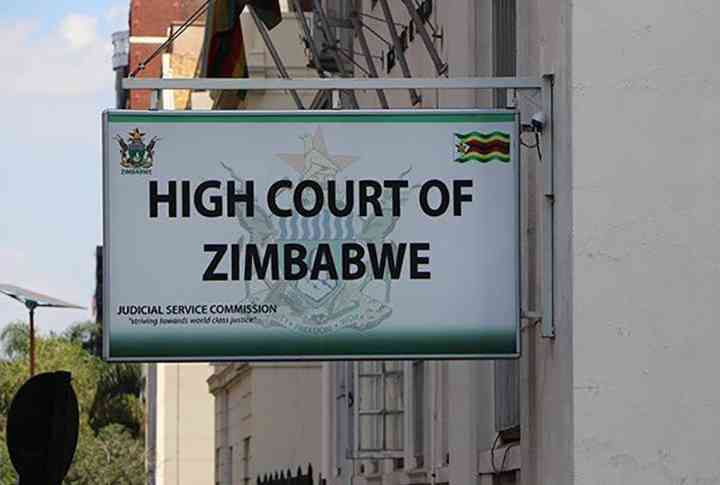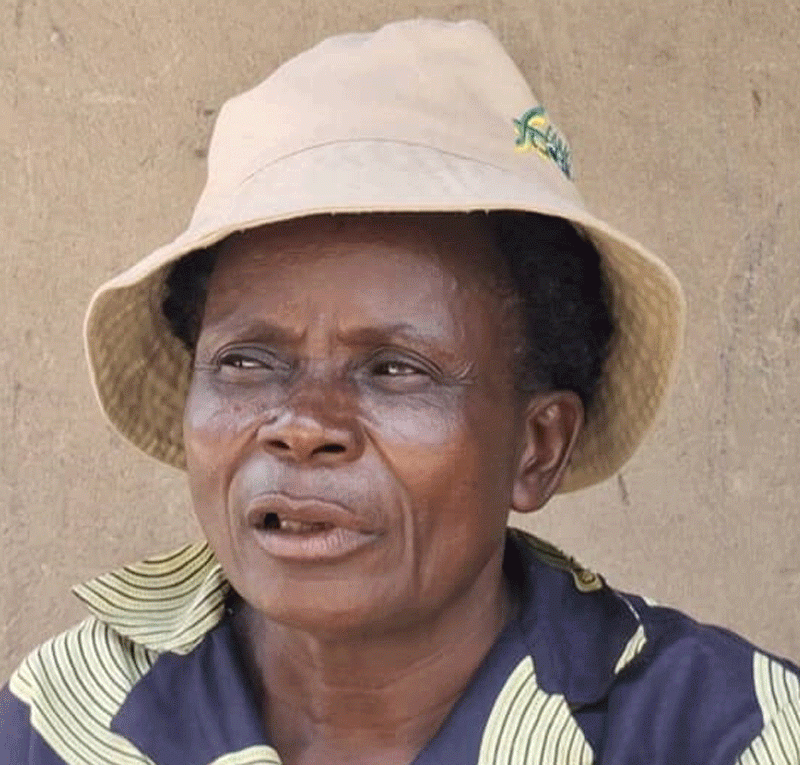
The High Court has absolved the leading pan-African food company, Simbisa Brands, from paying damages in a high-profile copyright case brought by the Zimbabwe Music Rights Association (Zimura).
While the court found that Simbisa had indeed played music owned by Zimura’s members, it ruled that the food outlet giant was not liable for the claimed US$86,719 in royalties.
“The first defendant is hereby absolved from the plaintiff’s claim,” said High Court Judge Justice Mafusire in his ruling.
The case stemmed from Simbisa’s decision in late 2023 to switch its music licensing from Zimura to the newer Zimbabwe Council of Copyright Owners (Zicco), citing more competitive rates.
ZIimura sued, arguing that Simbisa’s outlets, including popular chains like Chicken Inn and Pizza Inn, had infringed copyright by playing music from artists represented by Zimura, despite not holding its licence.
Simbisa also challenged both the quantum of the plaintiff’s claim and the basis of the computation.
The court agreed with Simbisa saying that Zimura should have shown what amount of royalties its members would have been entitled to in the circumstances, taking into account the market value of the works, the extent of the copyright violation, and so on.
Furthermore, the court dismissed Zimura’s method of calculating damages, which was based on what its own licence would have cost.
- Fresh land invasions hit Whitecliff
- Pomona cash row escalates
- Border Timbers targets European markets
- SA name strong A side for Zim tour
Keep Reading
Justice Mafusire stated that this approach did not constitute proof of actual loss, as required by the Copyright Act, and failed to account for the value of specific works played.
“Works of music by different artists cannot possibly have the same value. The plaintiff (ZIimura) has done nothing to assess the level of damages suffered by it on behalf of its musicians.
“All it has done in this suit is to purport to issue out the licence that it would have issued had the first defendant continued to do business with it.
“It then claims amounts on the basis of the rates of royalties that would have been payable for the defendant’s outlets, taking into account, among other things, the nature of the outlets and the seating capacities.
‘But that is not how it is done under the Act.
“It goes without saying that the plaintiff has failed to prove the amount of its claim.
“The quantum bears no relationship to the prejudice that it allegedly suffered as a result of the copyright infringement by the first defendant during the period in question,” the Judge said.
Furthermore, the judge highlighted a significant systemic issue that complicated Zimura’S claim that some artists were registered with both Zimura and Zicco.
This double registration created a grey area, making it difficult for commercial users like Simbisa to know with certainty which society held the rights to which songs.
“The plaintiff’s situation is compounded by the fact it appears that some artists were registered with both the plaintiff and the second defendant,” Justice Mafusire said.
“Although the number seems infinitesimal, the fact remains that on a proper assessment of the quantum of its claim, the plaintiff would have had to exclude the royalties due in respect of double registrations. It has not done that.”
Simbisa had acted in good faith, having first verified Zicco’s registration status with the relevant Ministry before switching providers.
“The first defendant (Simbisa)’s defence is that having been licensed by the second defendant (Zicco), an equally registered collecting society, and following advice from the office of the Chief Registrar of Deeds, Companies and Intellectual Property, which is the regulatory authority for copyrights issues under the Ministry of Justice, Legal and Parliamentary Affairs, it was not obliged to get another licence from the plaintiff or obtain its authority to play music from any stable.
“The first defendant admits playing at its various outlets, music from various artists but claims that it had paid the necessary royalties to the second defendant. It disputes that the music played belonged to the plaintiff’s members,” according to the court papers.
While the court affirmed that Zicco cannot license music belonging to Zimura’s artists, it ultimately cleared Simbisa of the financial claim
The ruling underscores the challenges and potential confusion for businesses navigating Zimbabwe’s competitive copyright collection landscape, where overlapping memberships can create legal pitfalls for well-intentioned licensees.











